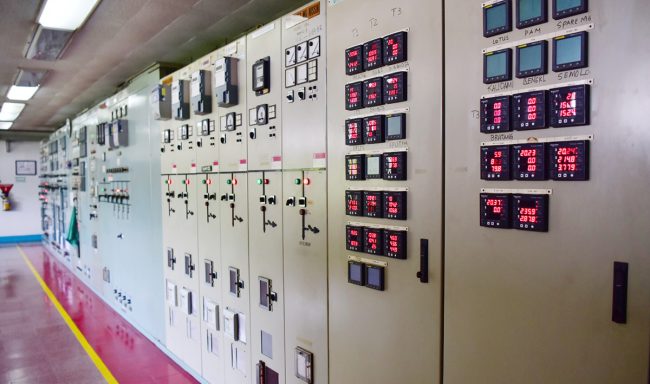DC insulation monitoring systems are essential in a wide range of applications and settings where the continuous monitoring of insulation resistance in DC circuits is necessary for safety, reliability, and compliance with industry standards and regulations. Here are some situations and locations where DC insulation monitoring systems are commonly needed:
- Electrical Substations: DC insulation monitoring is crucial for maintaining the safety and reliability of electrical substations, where high-voltage DC systems are used to transmit power over long distances.
- Renewable Energy Installations: Solar and wind power systems use high-voltage DC circuits. Insulation monitoring ensures the integrity of these systems, especially in remote locations.
- Electric Vehicle Charging Stations: DC fast-charging stations for electric vehicles require insulation monitoring to ensure safe and efficient charging.
- Data Centers: DC power systems are common in data centers. Insulation monitoring safeguards critical infrastructure, preventing electrical disruptions and downtime.
- Telecommunication Facilities: Telecommunications rely on DC power systems, and insulation monitoring is essential for uninterrupted service.
- Manufacturing and Industrial Processes: Industrial environments often have DC systems. Insulation monitoring helps prevent electrical faults that could lead to production interruptions or safety hazards.
- Maritime and Offshore Applications: Ships, oil platforms, and other maritime and offshore installations use DC power systems. Insulation monitoring is critical for safety and continuous operation in these challenging environments.
- Aerospace: Aircraft and spacecraft rely on DC power systems. Insulation monitoring ensures reliable performance during flights and missions.
- Transportation Systems: Trains, trams, and electric buses often use DC power. Insulation monitoring helps prevent electrical disruptions in transit systems.
- Hospitals and Healthcare Facilities: Insulation monitoring is crucial in healthcare settings to ensure the reliability of critical medical equipment and patient safety.
- Laboratories: Laboratories with sensitive equipment may use DC power. Insulation monitoring safeguards experiments and research.
- Uninterruptible Power Supplies (UPS): In UPS systems, insulation monitoring ensures that backup power is reliable and ready when needed during electrical outages.
- Manufacturers of Electrical Equipment: Manufacturers may use insulation monitoring as a quality control measure for their products.
- Testing and Research Facilities: Laboratories and testing centers use insulation monitoring to evaluate the insulation quality of various electrical components.
- Compliance with Regulations: In many industries, there are safety codes and standards that require the use of insulation monitoring systems to meet regulatory requirements.
- Remote and Hazardous Locations: In remote sites and hazardous environments where immediate human intervention may be challenging, remote monitoring and alerting capabilities of insulation monitoring systems are particularly valuable.
The need for DC insulation monitoring systems is determined by factors such as the specific application, industry standards, safety regulations, and the criticality of uninterrupted operation. These systems are a proactive way to prevent electrical hazards, equipment damage, and costly downtime.

